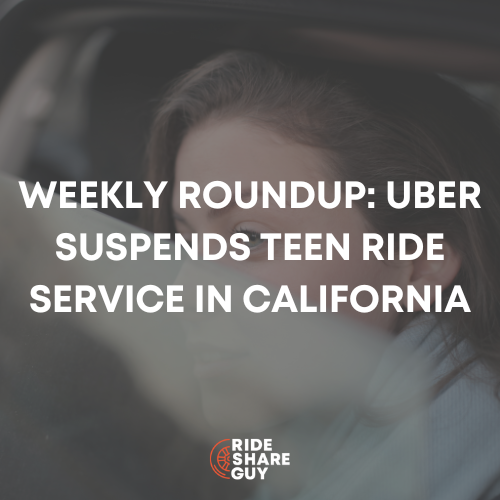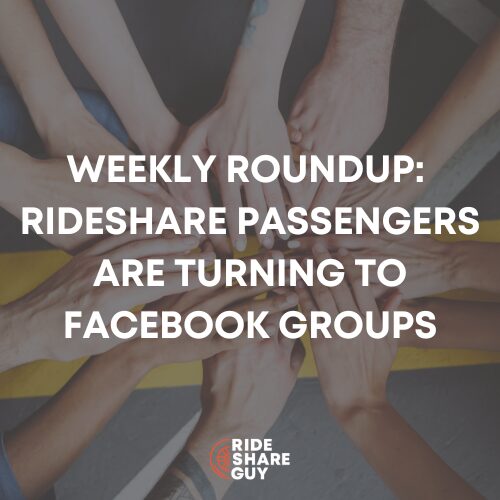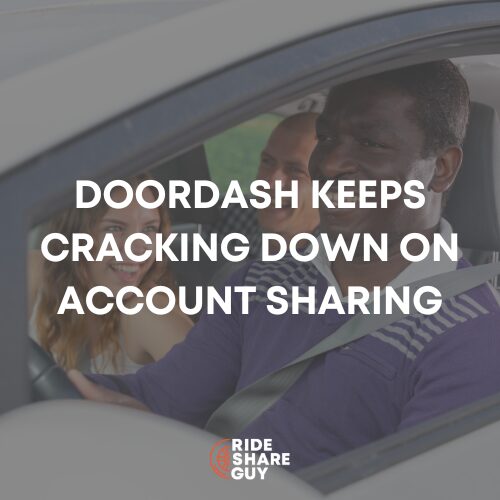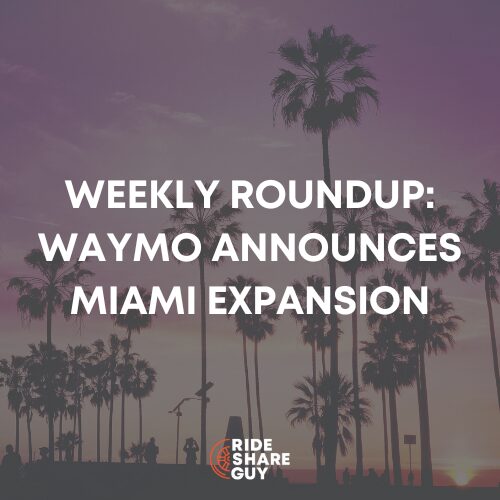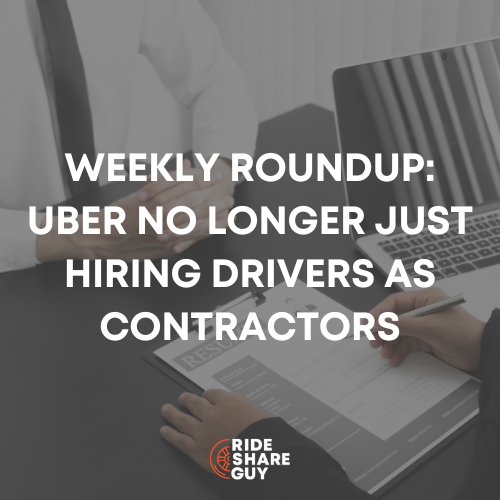Seattle has approved the minimum wage standard for Uber and Lyft drivers, becoming only the second big city to establish a minimum wage like this. It is part of Mayor Jenny Durkan’s “Fare Share” program and was approved on September 29, 2020.
The “Fare Share” plan has already implemented an increased per-ride tax in November 2019. The estimate of that increase would result in $133 million in new revenue by 2025. The purpose of the “Fare Share” program is to regulate Uber and Lyft and add protections and standards for drivers.
Uber and Lyft hold the argument that implementing a minimum wage could drive up the cost of rides and possibly drive out companies like theirs from the Seattle area.
Updated: January 2021: Seattle Uber and Lyft Drivers See a Pay Bump
What Drivers Are Saying About a Minimum Wage for Seattle Drivers
Some drivers, on the other hand, say that a minimum wage is necessary in order to earn a living as a rideshare driver.
According to CNET, “Seattle’s law will require drivers be paid at least 56 cents per minute and $1.33 per mile driven while transporting passengers” (emphasis ours). In addition, drivers will also receive pay for reasonable expenses including those to keep the vehicle clean and allow for rest breaks. This legislation would also likely set a “tip protection” to ensure tips left in the app would go 100% to the drivers.
One Uber-backed group called Drive Forward states that a minimum wage plan like this could limit driver flexibility as it did in New York City when similar legislation passed.
If passed, the minimum wage would be implemented on January 1, 2021. With the implementations included in this plan, the goal of the mayor and those who are for it is to pay drivers at least $16.39 an hour, which is the current minimum wage in Seattle for non-independent contractors/TNC drivers.
Do Seattle Drivers Need a Minimum Wage Law?
There is an argument, however, from July when a report claimed that Seattle drivers already earn $23.25 per hour after expenses.
The report came from an academic study called Platform Driving in Seattle. The study found that 92% of Uber/Lyft and other rideshare drivers earn more than Seattle’s minimum wage, not including any streaks or bonuses.
Harry interviewed one of the authors of the 138-page study, Louis Hyman, on the RSG podcast. The study looked at one week of driver earnings in Seattle in 2019.
“We tried to get a set of data that allowed for different interpretations, different approaches to different kinds of questions that people might ask,” said Hyman.
The co-author understands that looking into something like driver pay is a difficult question to answer and there are a lot of pieces that go into calculating it.
For the study, the authors were able to get information from Uber and Lyft in the form of anonymous data in order to find conclusions in a non-biased fashion. Neither Uber nor Lyft were able to access each other’s information due to antitrust laws.
By having this information, they were able to observe when drivers in P1 (on the app but waiting for a match with a passenger) were on both Uber and Lyft at the same time. The study even delved into actual data as far as what cars people are driving, the cost of gas in Seattle for that specific week, and depreciation of those vehicles.
Hyman said in the podcast that the earnings among drivers differed greatly from driver to driver. There could be drivers earning more than $40 an hour and others earning around $9 an hour. Some of this could be based on experience of the drivers or other factors, but the study didn’t have tenure information of the drivers. Again, this is before bonuses and streaks.
When determining the earnings per hour, the study offered a few different variations depending on if the driver is a part-time “casual” driver or a full-time driver. The full-time drivers ended up earning less per hour because the longer you drive, the more mileage you’re putting on your vehicle and the more expenses overall you’ll be incurring.
What Are Uber and Lyft Saying About This News?
Understandably, Uber and Lyft are not pleased about this news. According to CNET, Lyft said in a statement that this move would eliminate “thousands of jobs.”
“The City’s plan is deeply flawed and will actually destroy jobs for thousands of people — as many as 4,000 drivers on Lyft alone — and drive ride-share companies out of Seattle,” Lyft said in a statement.
Uber also sent a letter to the Seattle City Council expressing disappointment in Seattle’s choice to set this minimum standard:
“Uber may have to make changes in Seattle because of this new law, but the real harm here will not be to Uber,” Uber said. “It is the drivers who cannot work and the community members unable to complete essential travel that stand to lose because of the ordinance.”
Conclusion
There are possible setbacks for drivers if a minimum wage is set, but at the same time, a minimum wage would possibly make driving worthwhile for more drivers. It’s interesting to see that the city is taking charge of this kind of standard instead of relying on the state to regulate and implement employment standards.
This could set a precedent for other cities to follow suit, depending on how it all shakes out.
Drivers, do you think all drivers, nationwide, should receive a minimum wage? Do you think the state/city should regulate it or should it be left to Uber and Lyft to implement?
-Paula @ RSG
